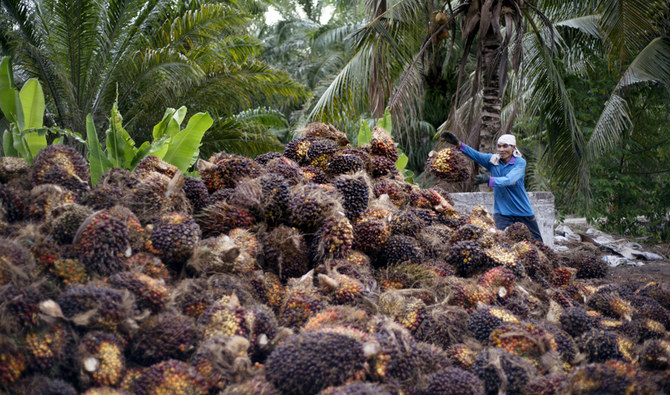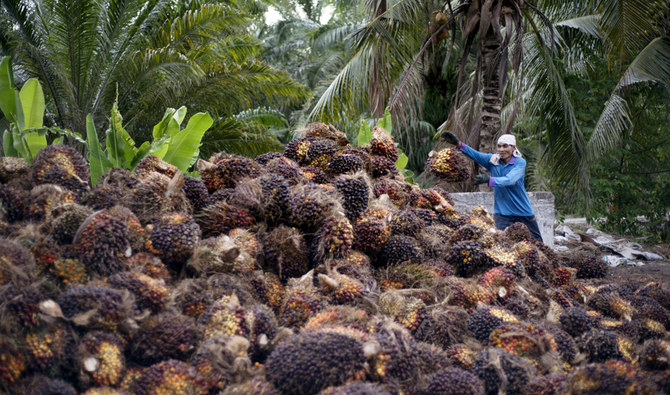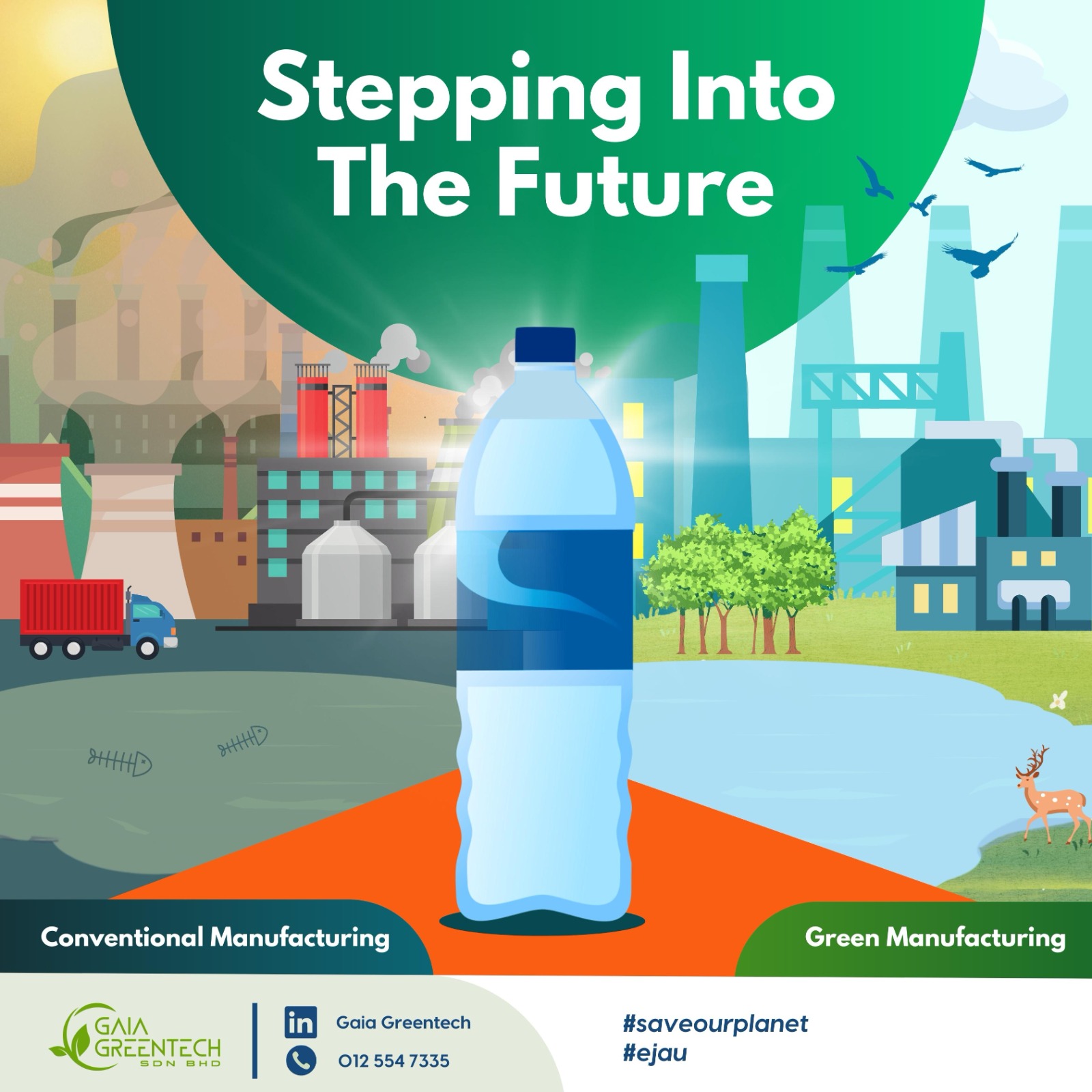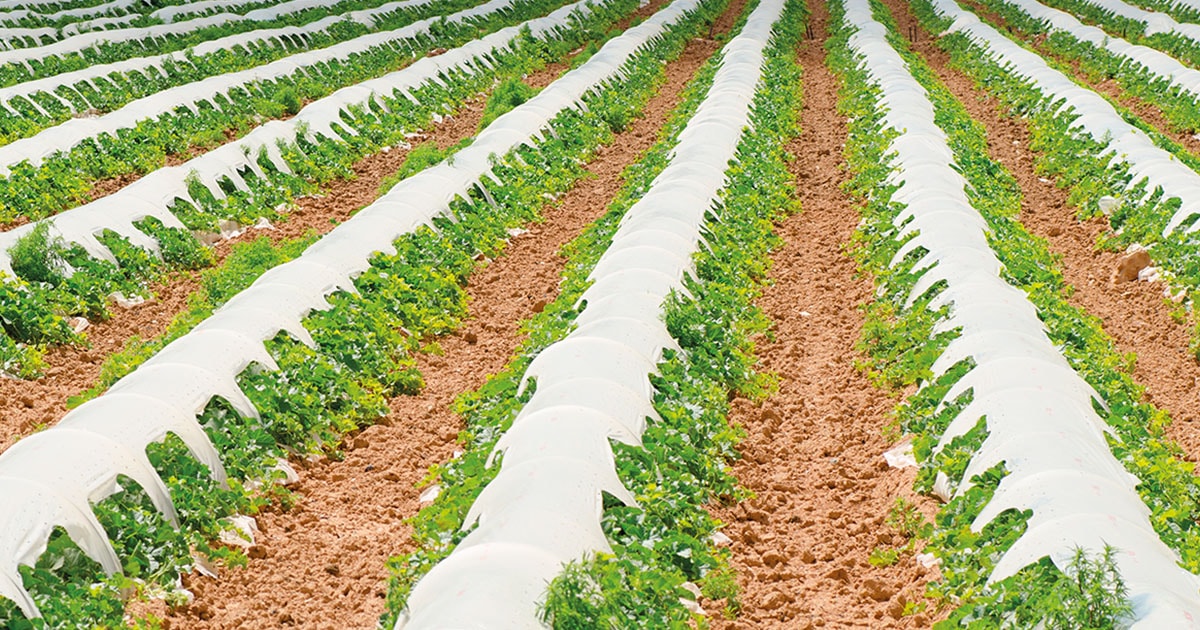Palm Waste Management in Malaysia: Using Biotechnology to Reduce Environmental Impacts
Palm oil is a huge business sector in South East Asia, especially in Malaysia. Being one of the world’s largest producers and exporters of palm oil, Malaysia produced about half of the world's palm oil production (10.8 million tonnes) between 1980 to 2000. The harvesting of oil palm fruits often leaves a large amount of empty fruit bunches that can negatively impact our environment. So how can bio technologies reduce such impacts?

Malaysia’s palm oil plantation (Photo Source: Arab News)
A major component of the oil palm fruit bunches that are discarded by the palm oil industry is called Hemicellulose. Hemicellulose is considered an important biopolymer for film manufacturing applications due to its flexibility, low gas permeability and high water resistance, making it a highly suitable material for the production of bioplastics.
Researchers from Universiti Sains Malaysia have tried blending Hemicellulose with a non-toxic biopolymer carboxymethyl cellulose (CMC). With the right amount of both elements, the right thickness is achieved and this makes both materials valid in making biodegradable packaging. This new Hemicellulose blended material can not only be created in abundance, but it is also cheap to produce considering the fact that it is abstracted from oil palm waste.
Other than bioplastics, Malaysia has started embracing oil palm waste and turning it into bio-fertilisers using empty palm oil fruit bunches. With agriculture being one of the biggest business sectors in Malaysia, chemicals from nitrogen-fertilisers cause much pollution to the environment. By using bio-fertilisers as an alternative, greenhouse gas emissions of Malaysia’s agricultural products can be reduced.
On the other hand, Indonesia has also started using bio-electricity generated from liquid waste or biomass wastes, such as empty bunches or palm shells. According to PASPI (an independent palm oil research institution), every 15,000 hectares of oil palm plantations produces wastes that can generate 2.0MW of bio-electricity. Utilising palm oil waste in electricity is not only environmentally friendly, but it also improves the local economy especially for the palm oil industry.
These references clearly show that biotechnology can significantly help achieve environmental sustainability by incorporating the circular economy approach. Adopting palm oil waste in making bioplastics and bio-fertilisers can reduce a significant amount of waste, while maximising energy reuse and recovery helps reduce negative impacts and boost local economic growth.



